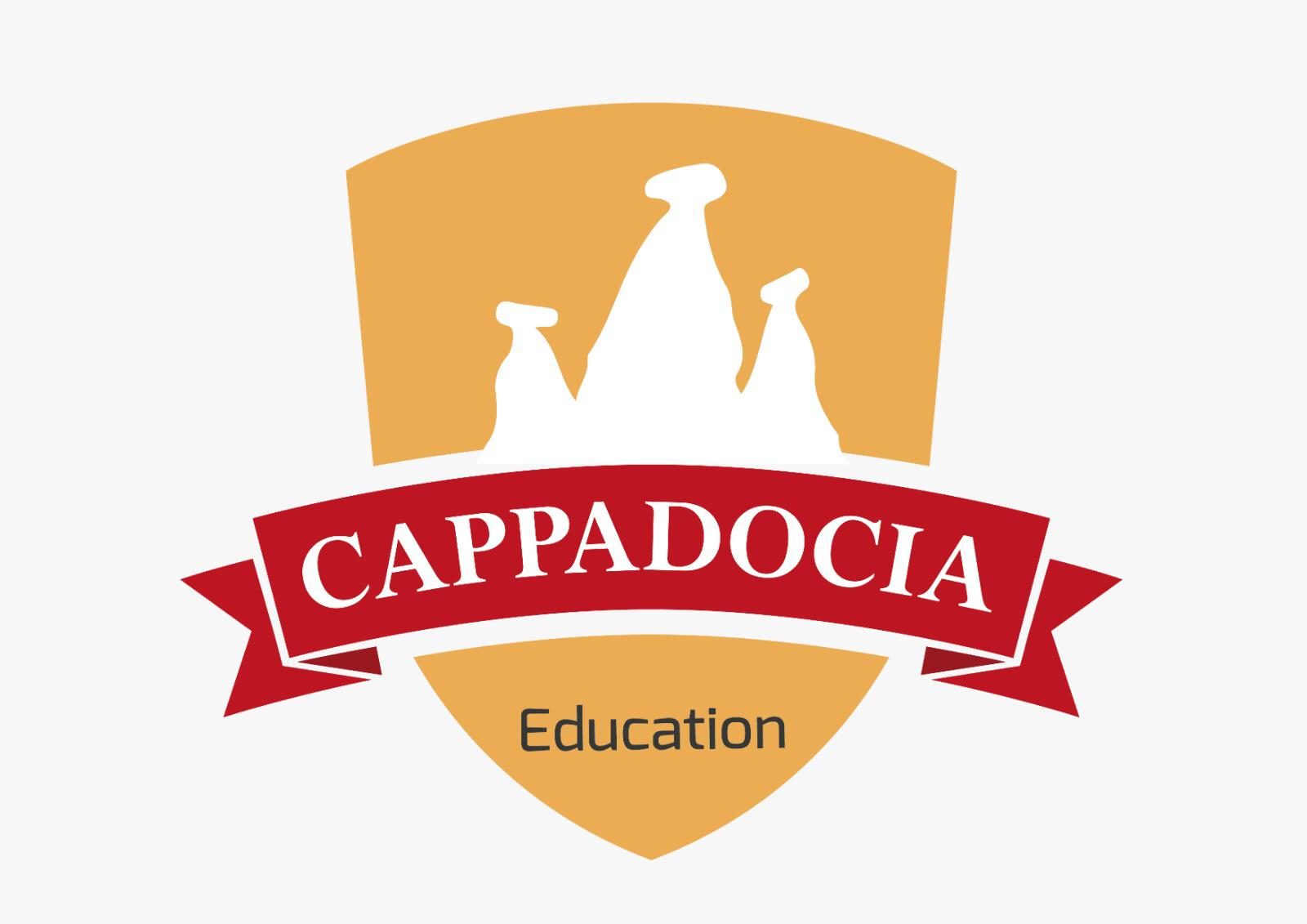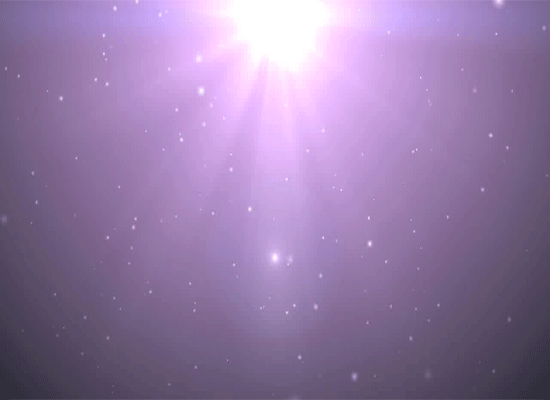ROBOTICS AND CODING



COURSE INFORMATION
PCB – programming boards motivate teachers and students in the learning process, explain processes and phenomena, answer the questions “Why do we teach this in school” and “How will I need this in real life”.
Bee-Bot and Blue-Bot are the first suitable robots for every kid. They could be used even before coding in visual programming environment.
Scratch 3.0 – a block-based visual programming language for desktop programming and online multimedia tool for easy game creation, helping learners to be better prepared to enter the computer programming world, translated into 70+ languages. By creating and sharing Scratch projects, young people develop mathematical abilities, creative thinking, learn to think systematically and work together. The Scratch language finds many applications, from mathematical and scientific projects, including simulations and visualizations of experiments, recording lectures with animated presentations, to social sciences, animated stories, as well as interactive art and music.
The micro: bit is an educational and creative tool to encourage young people to get actively involved in writing software for computers. It can help give students the knowledge and skills to move from being consumers of digital information, to being designers and creators of new tools to enhance learning, to solve problems or just to have fun, enabling them to exemplify the spirit of innovation and towards building a Smart Nation in the 21st Century.
Arduino is an open-source platform used for building electronics projects. Arduino consists of both a physical programmable circuit board and a piece of software that runs on your computer, used to write and upload computer code to the physical board. The Arduino platform has become quite popular with people just starting out with electronics, and for good reason. Unlike most previous programmable circuit boards, the Arduino does not need a separate piece of hardware in order to load new code onto the board – you can simply use a USB cable.
COURSE PROGRAMME (DAY BY DAY)
DAY 1
Morning
Official presentation (who is who)
First steps in coding – introduction
Country presentations
Afternoon
Trips
DAY 2
Morning
Smart classroom – Scratch classroom
Afternoon
Trips
DAY 3
Morning
Games and robotics
Afternoon
Trips
DAY 4
Morning
Micro:bit coding
Afternoon
Trips
DAY 5
Morning
Cool projects: mBlock = Scratch + Arduino or mBlock + Arduino
Afternoon
Trips
DAY 6
Morning
The smart lesson. Learning Designer and Padlet
Afternoon
Trips
DAY 7
Morning
Presenting participants’projects
Evaluation of the course
Presenting participants’certificates
Afternoon
Departures after 14:00
SPECIAL REMARKS
Every participant should bring their laptops with them since we will make use of computers during the lessons.
COURSE SESSIONS
| DATE | LOCATION |
| 23 February – 01 March, 2022 | Cologne, Germany |
| 23-29 March, 2022 | Kavala / Greece |
| 20-26 April, 2022 | Milan / Italy |
| 14-20 July 2022 | Istanbul / Turkiye |

